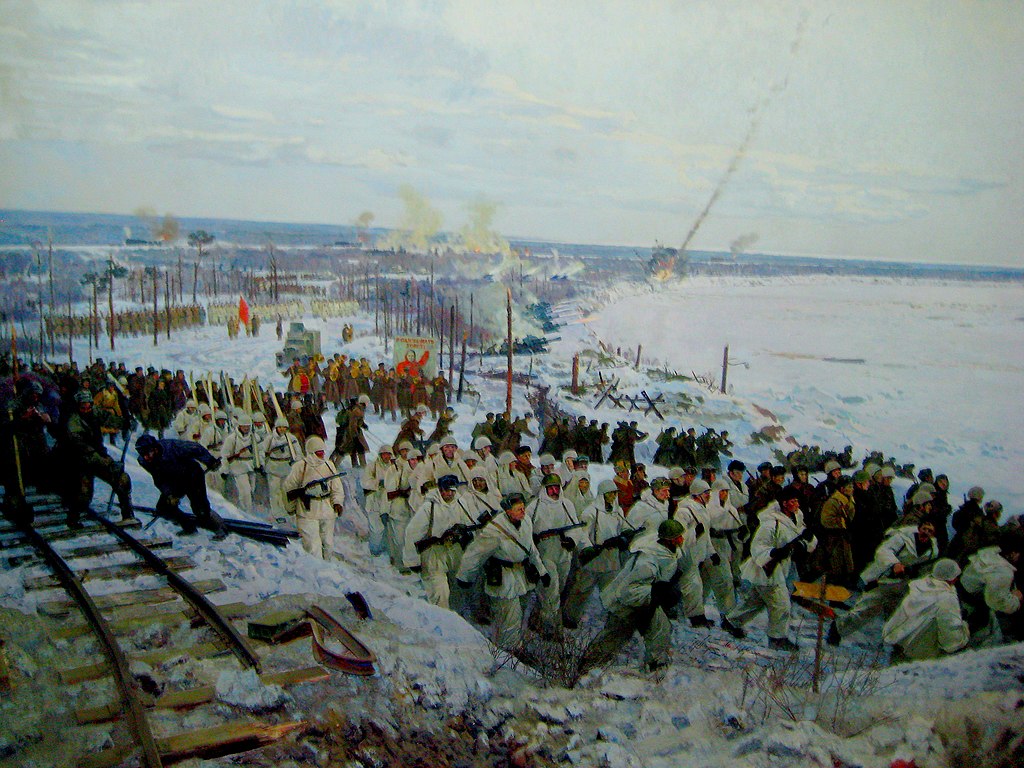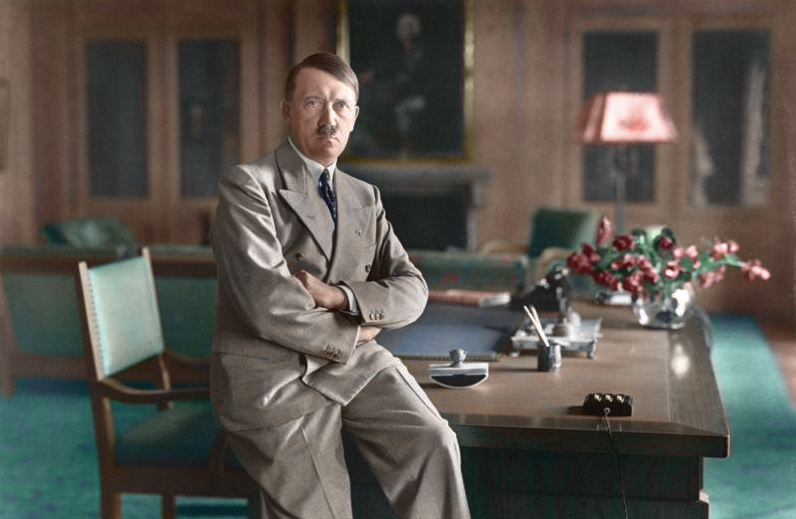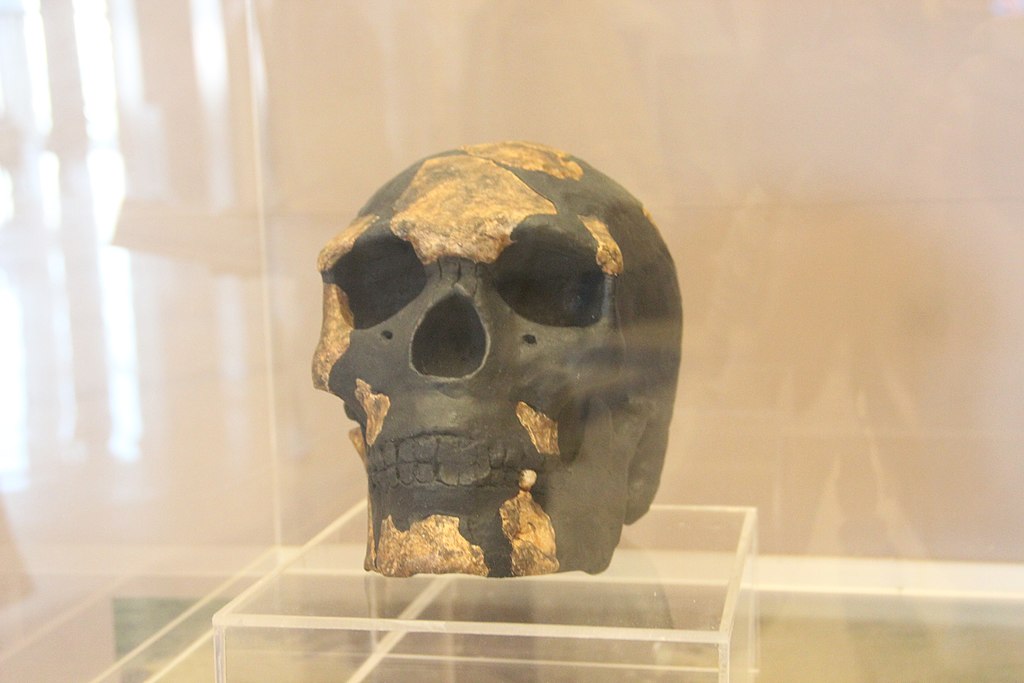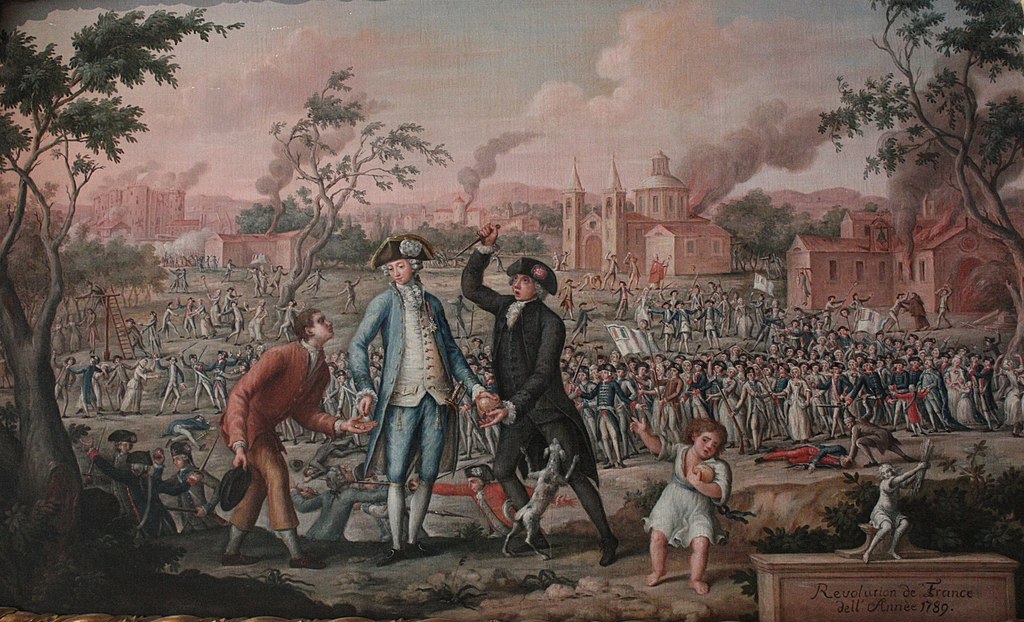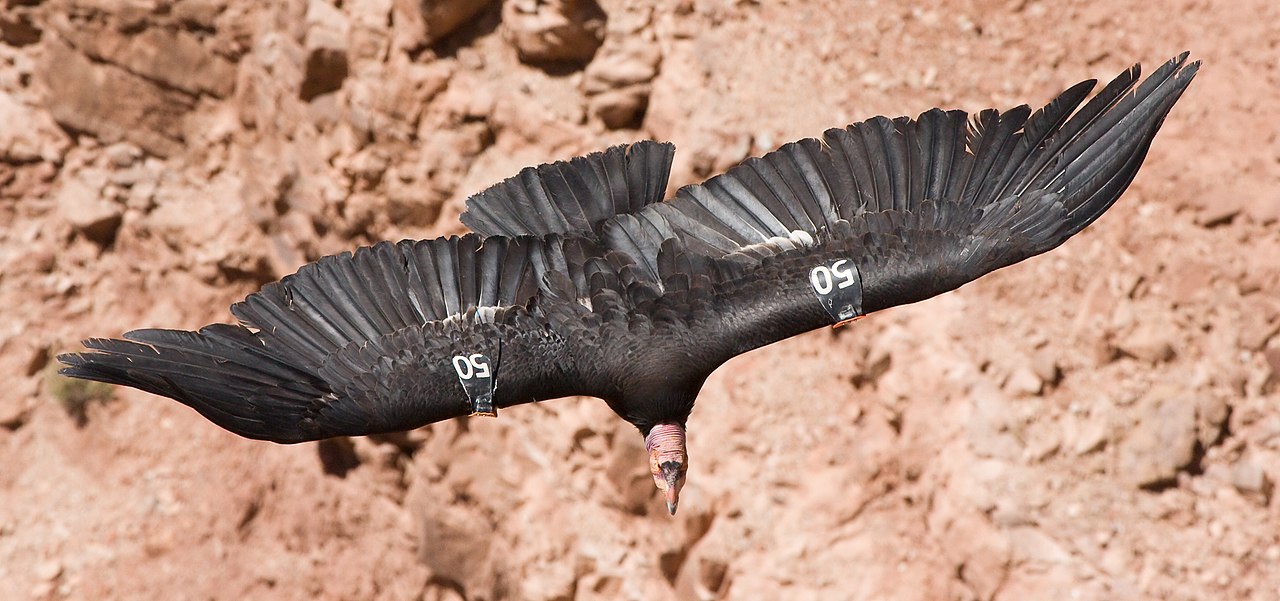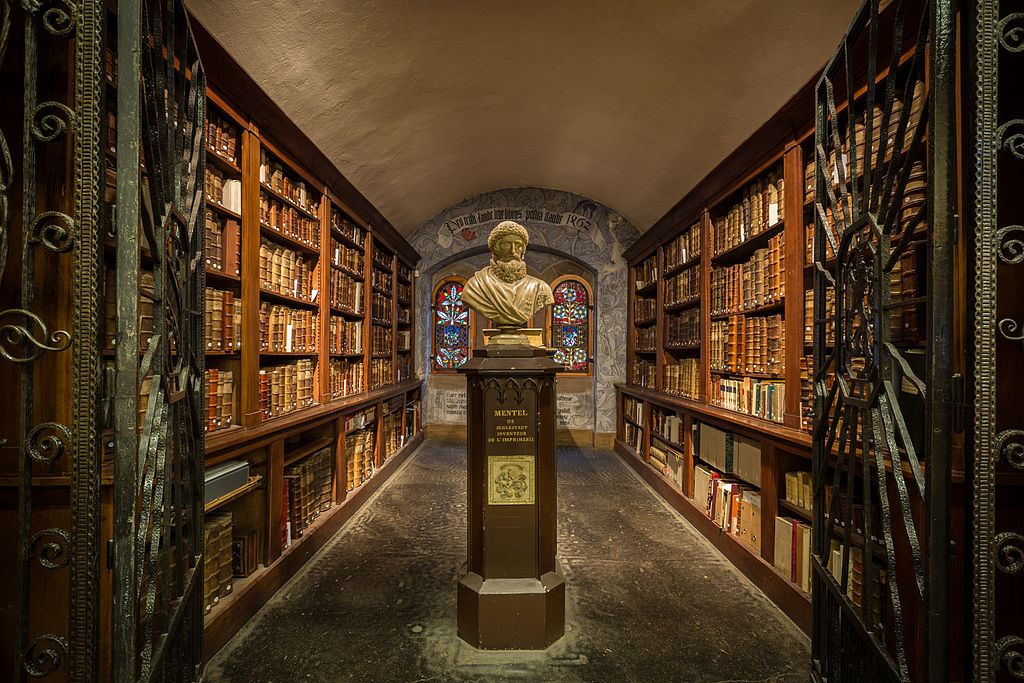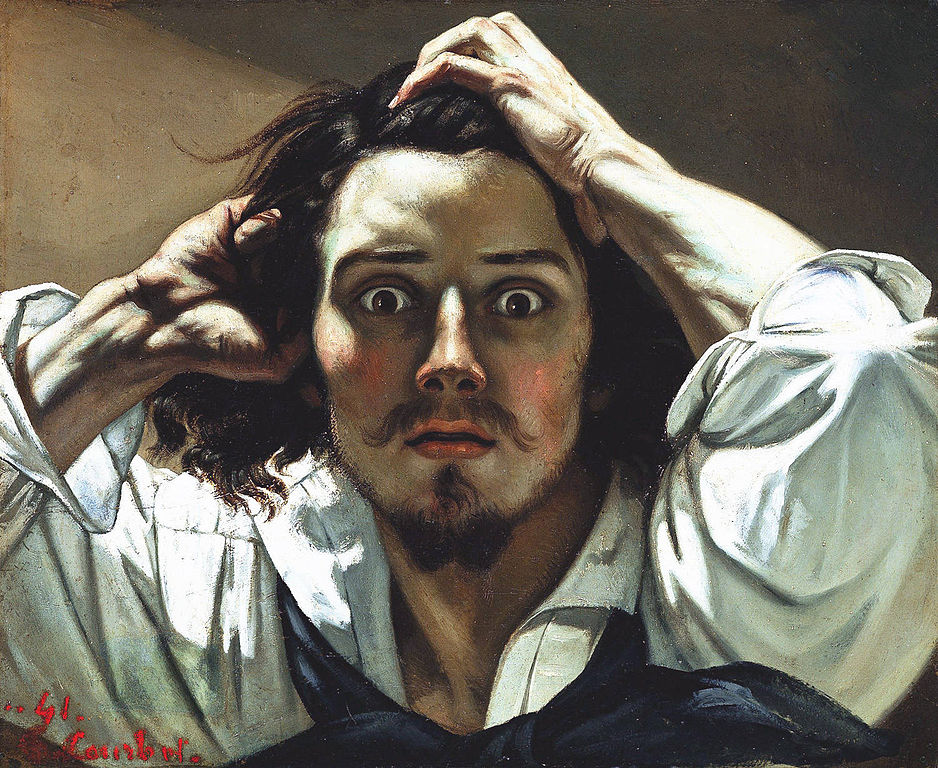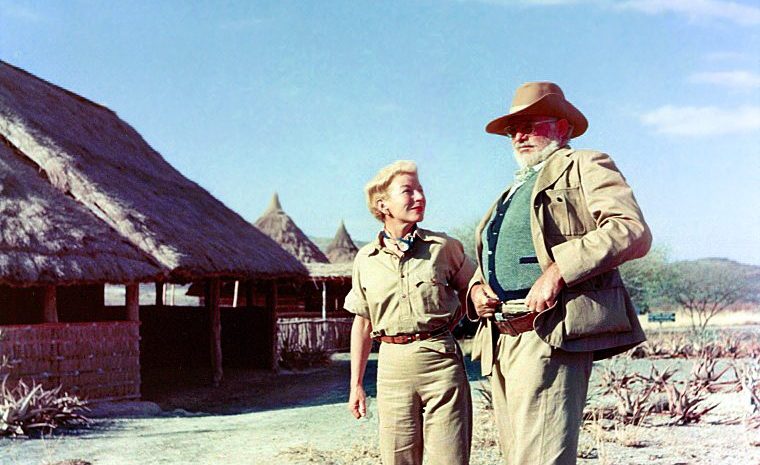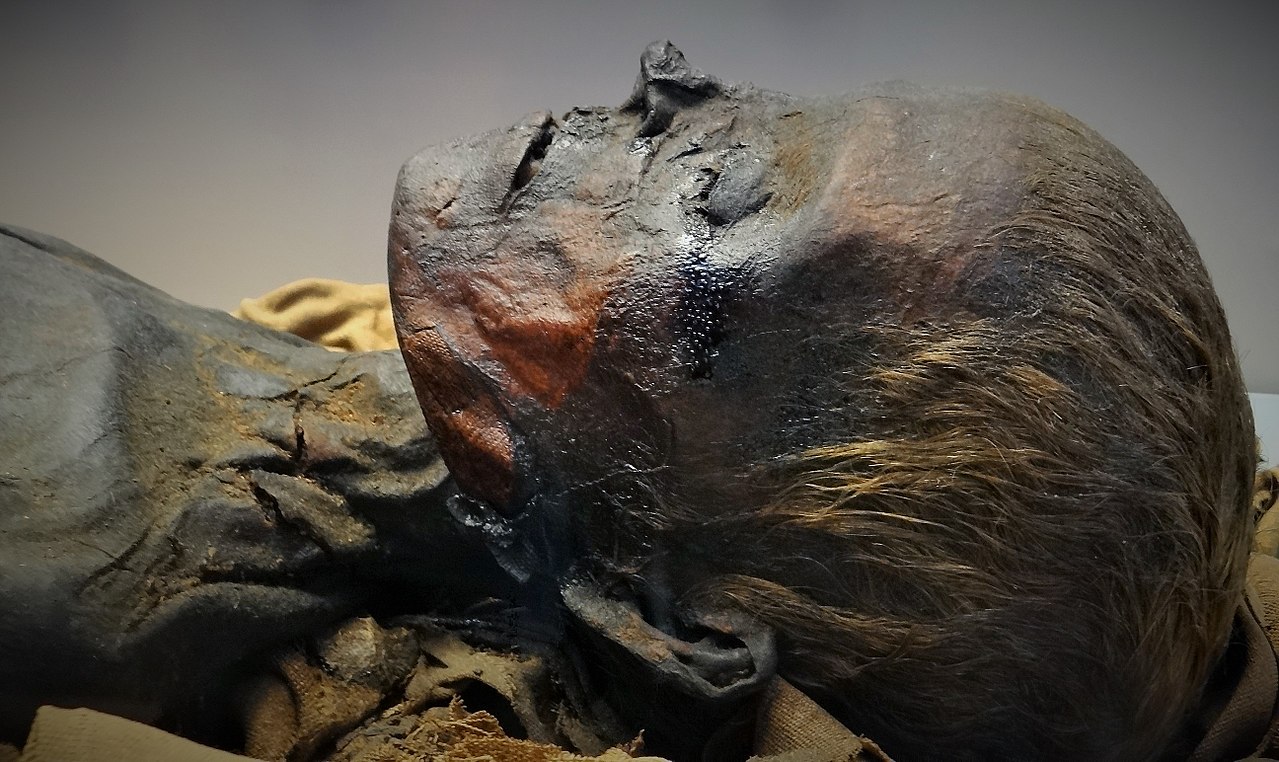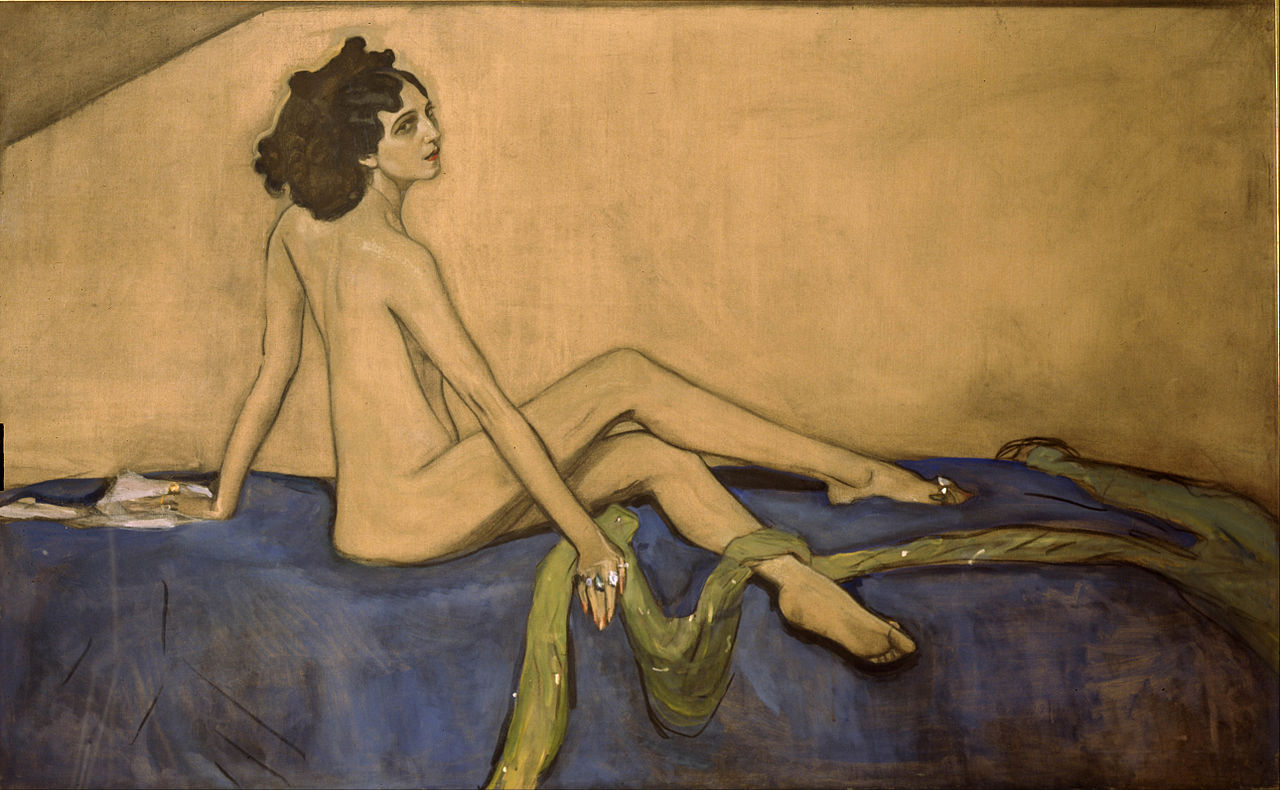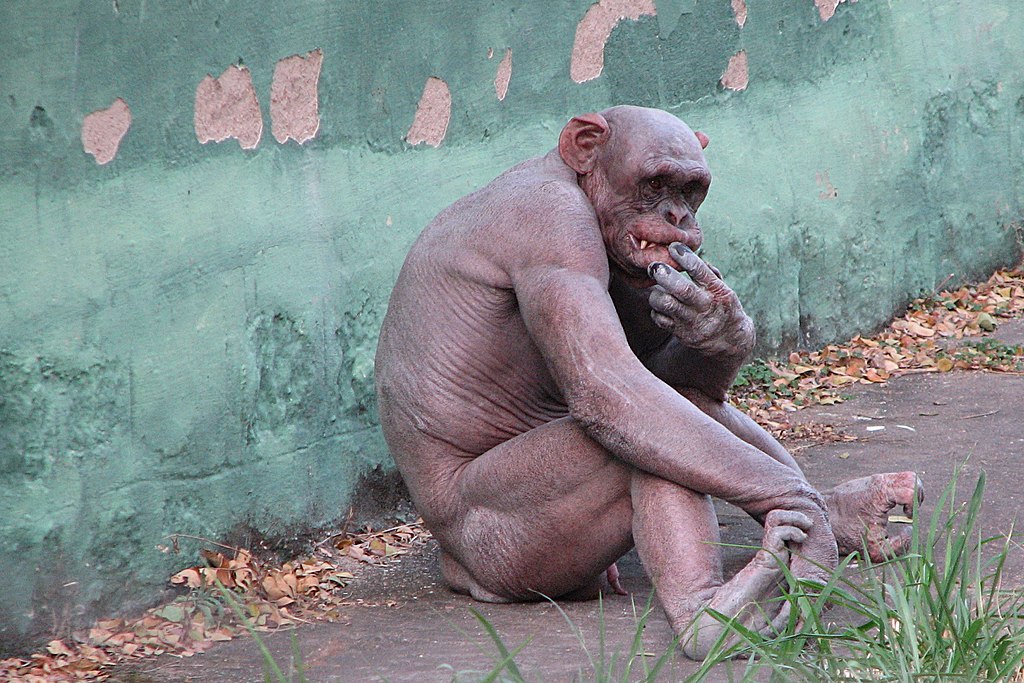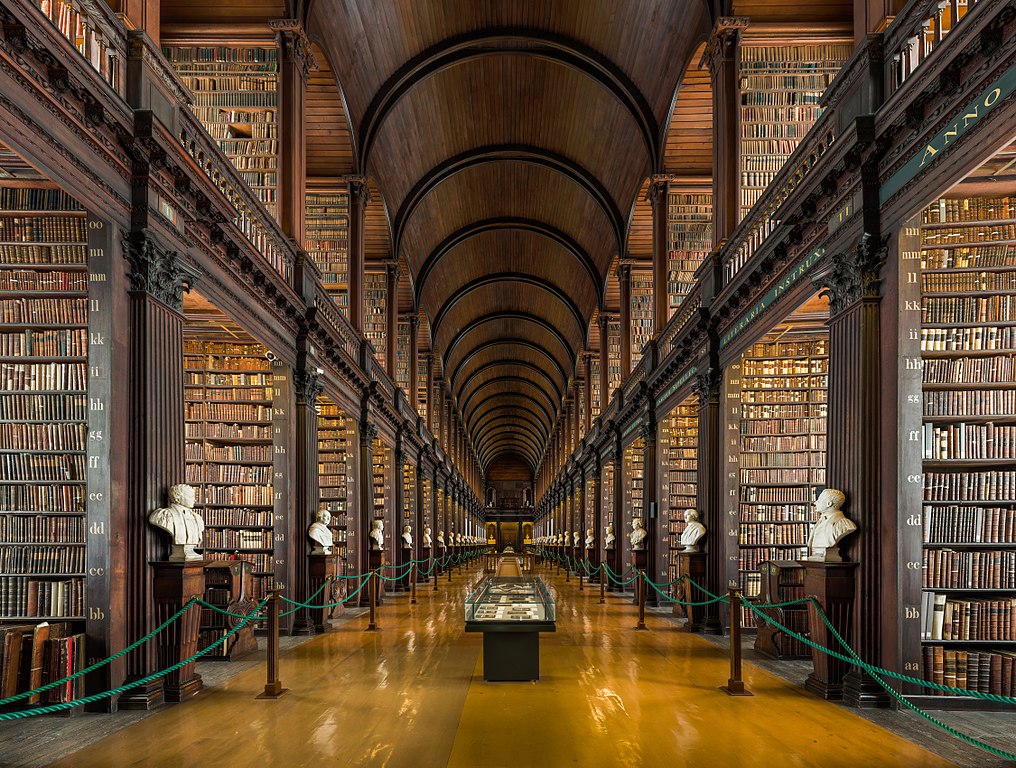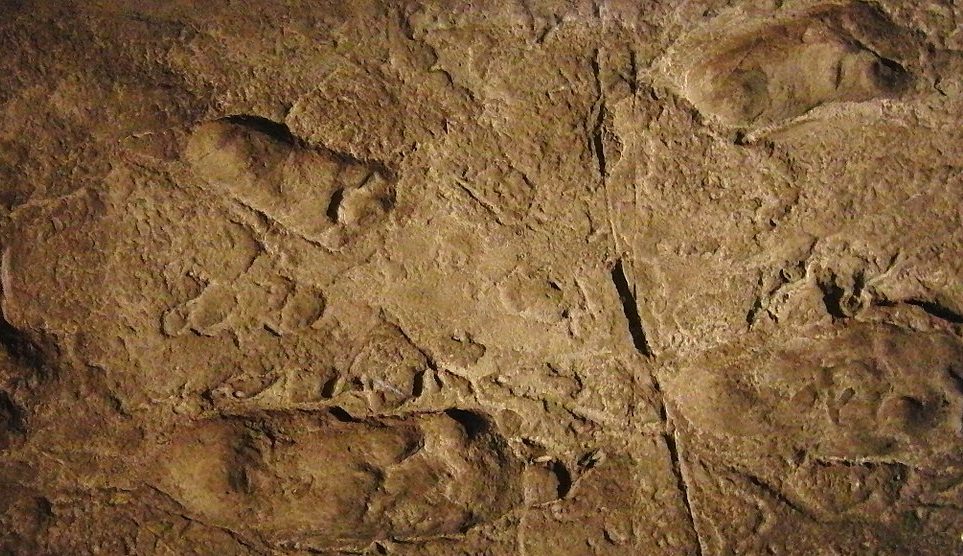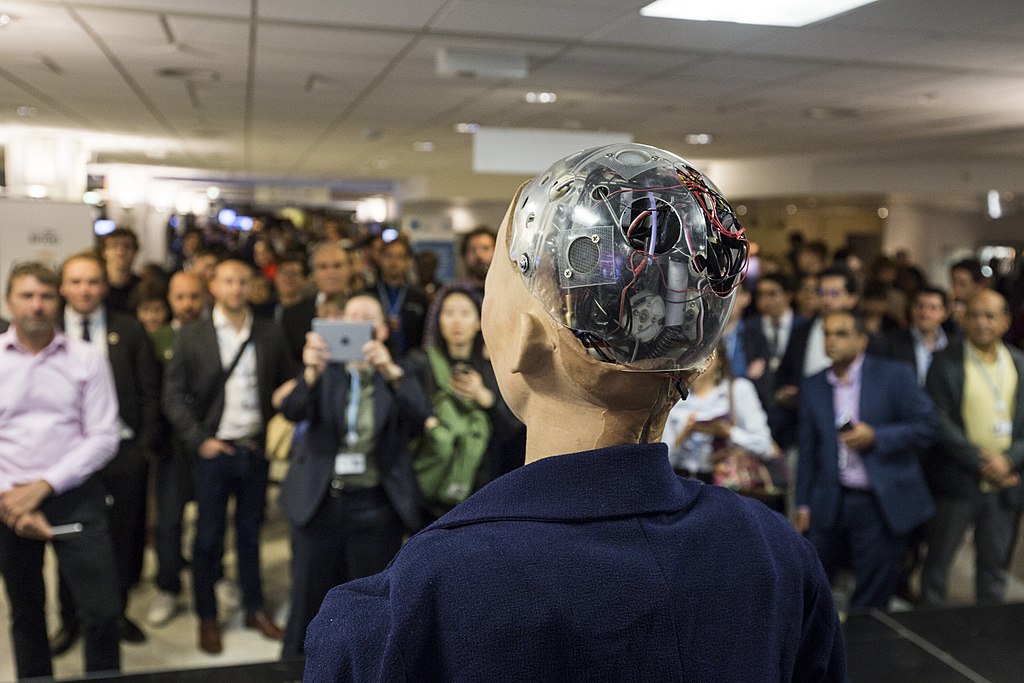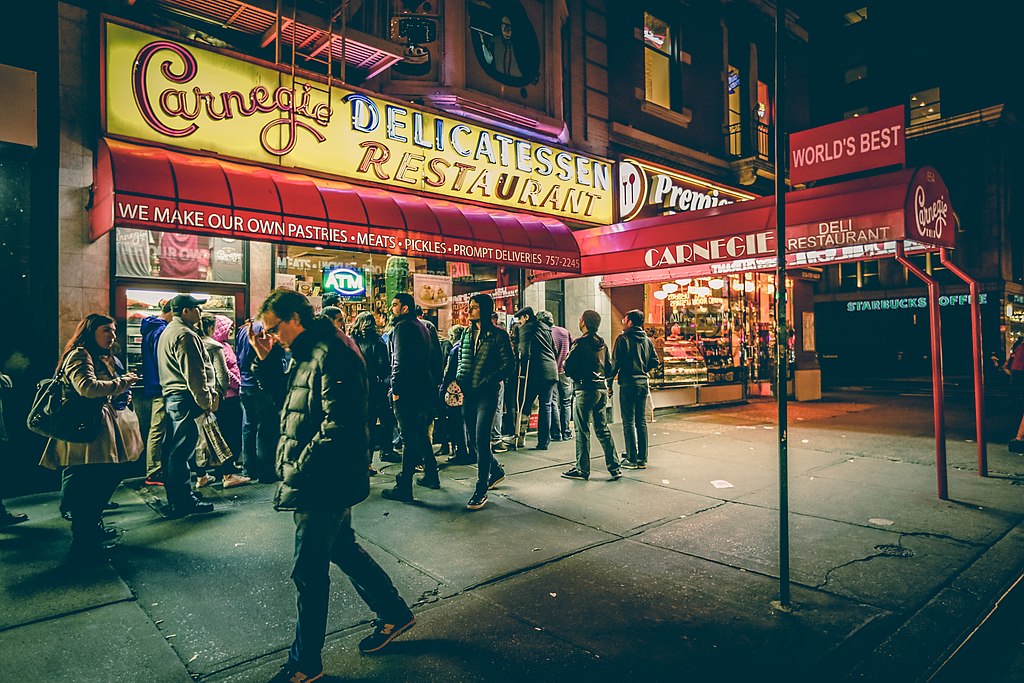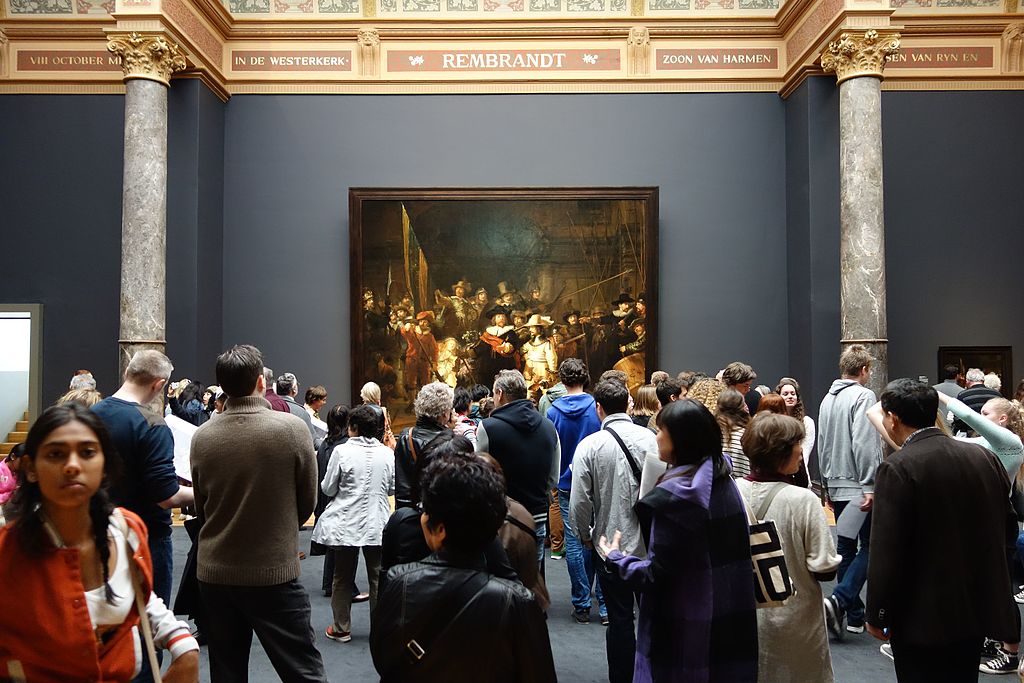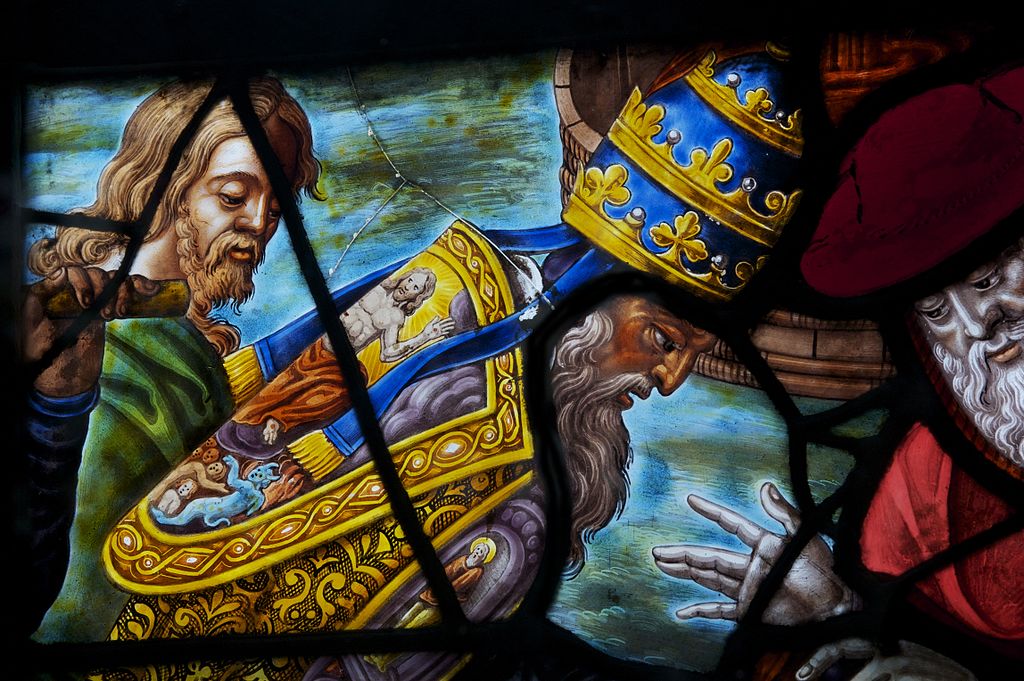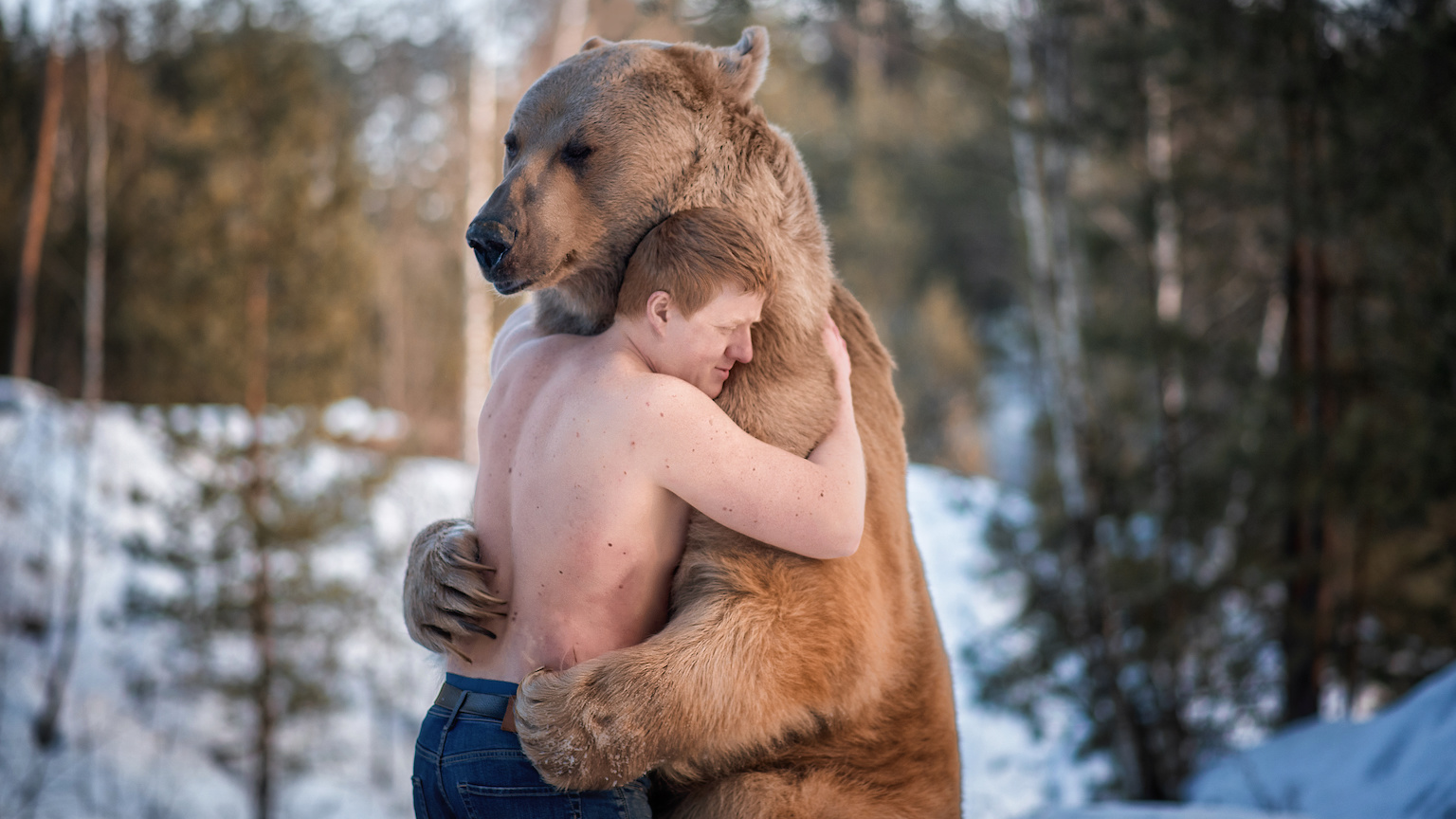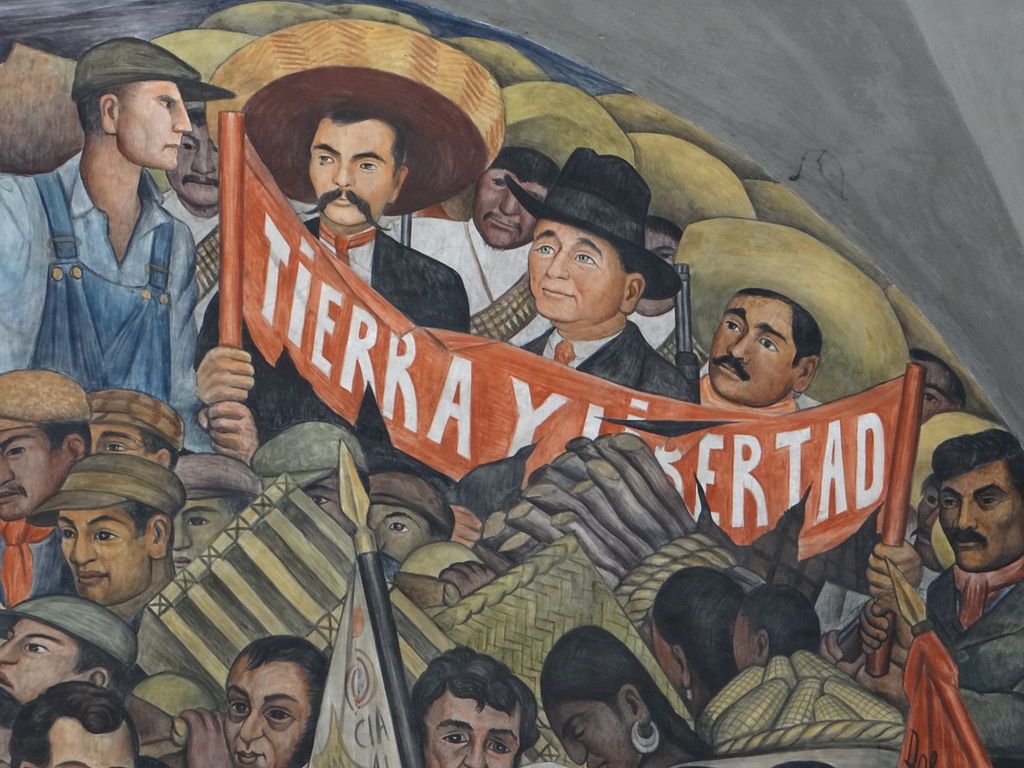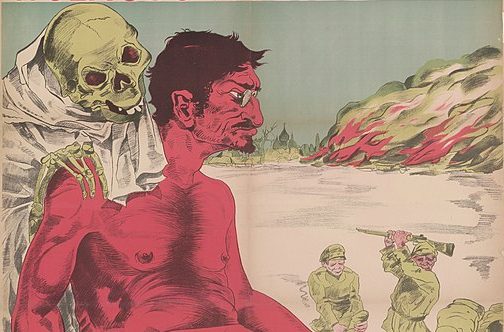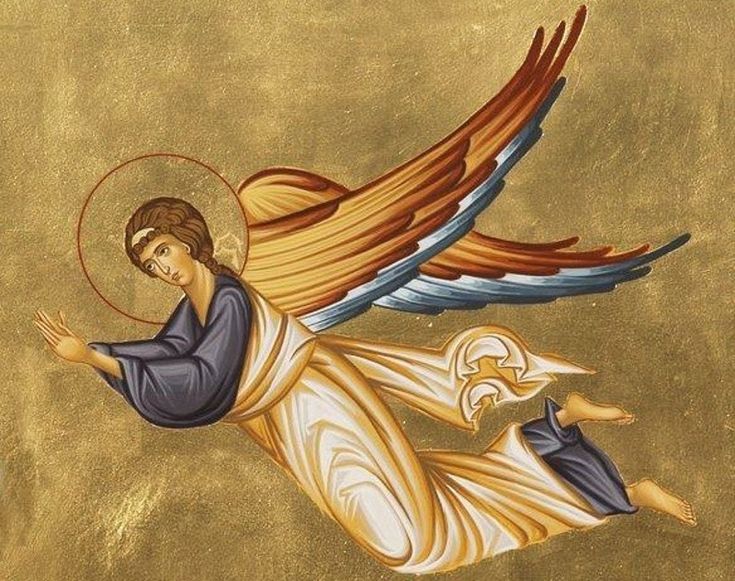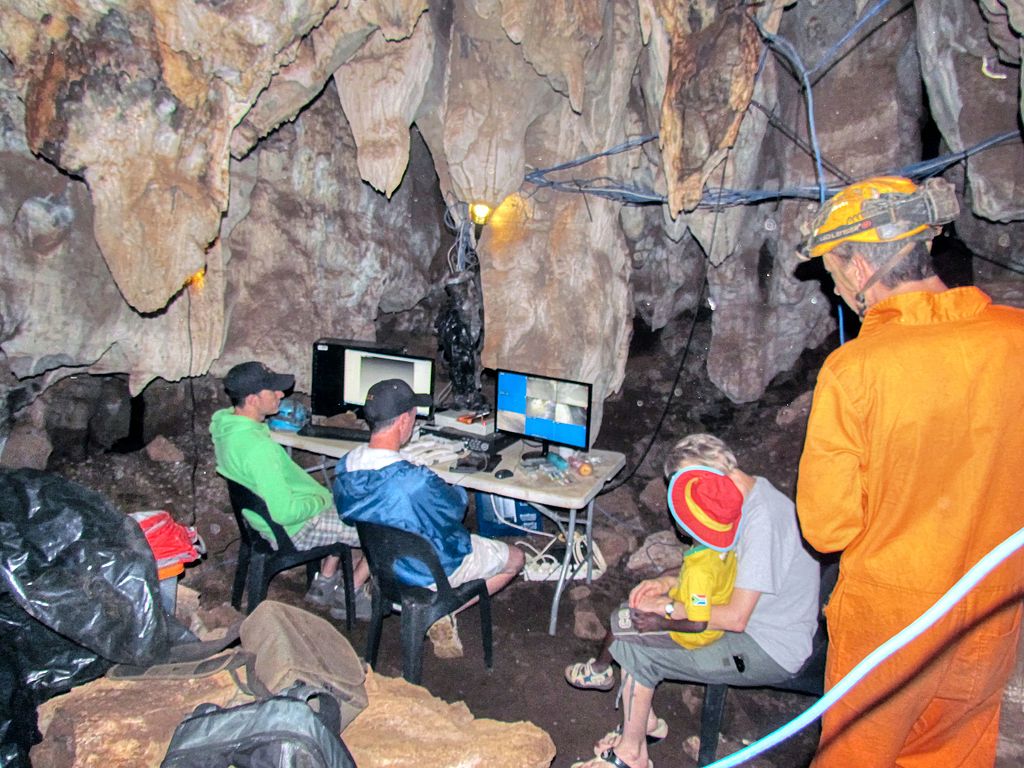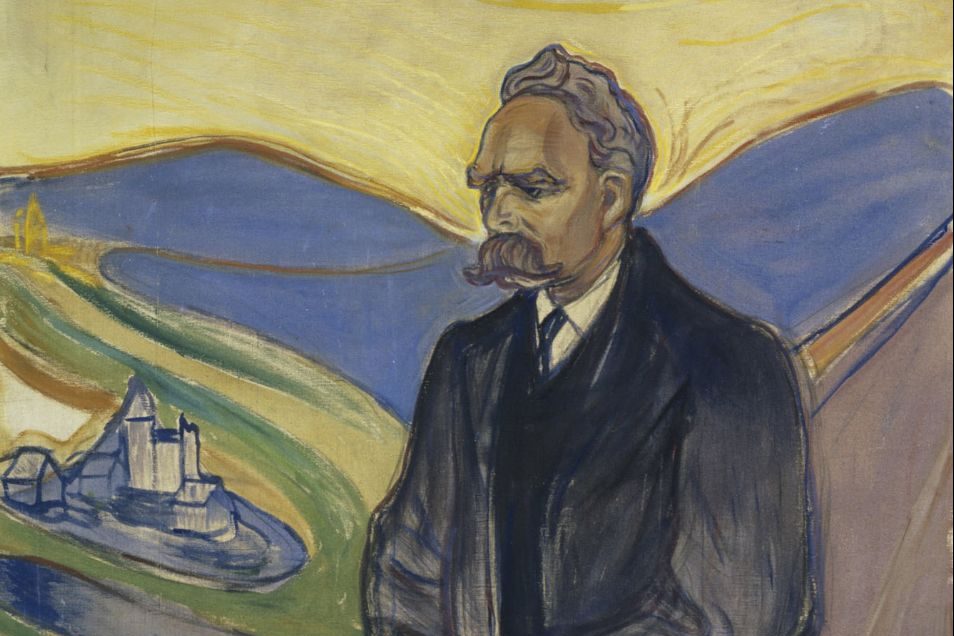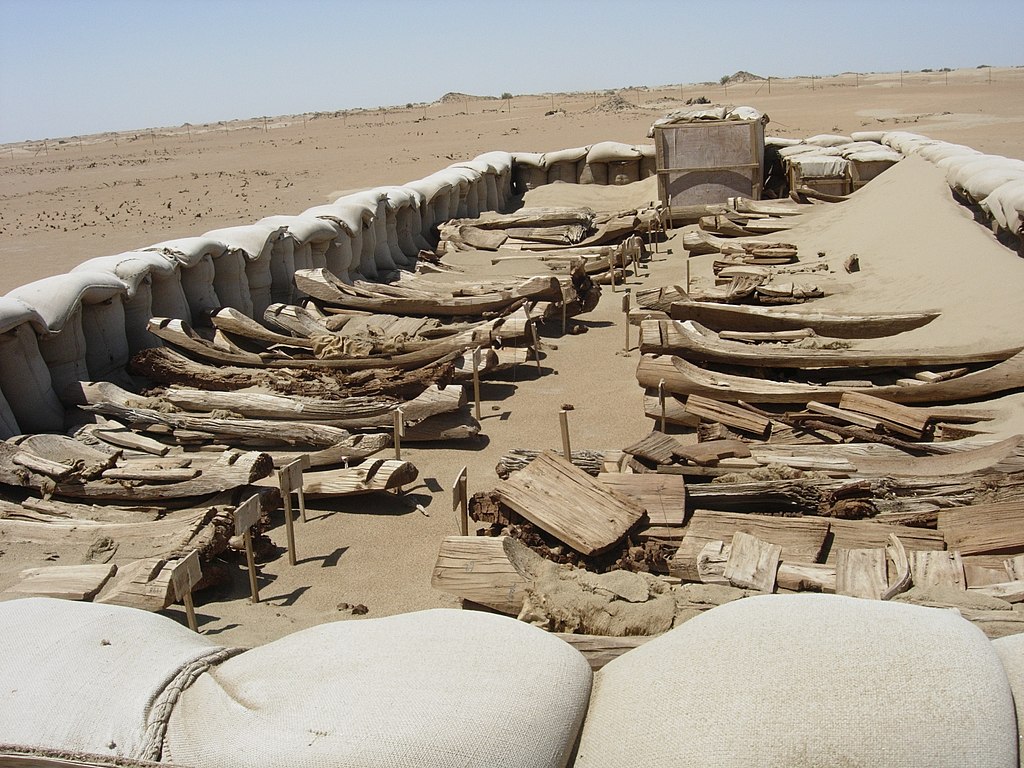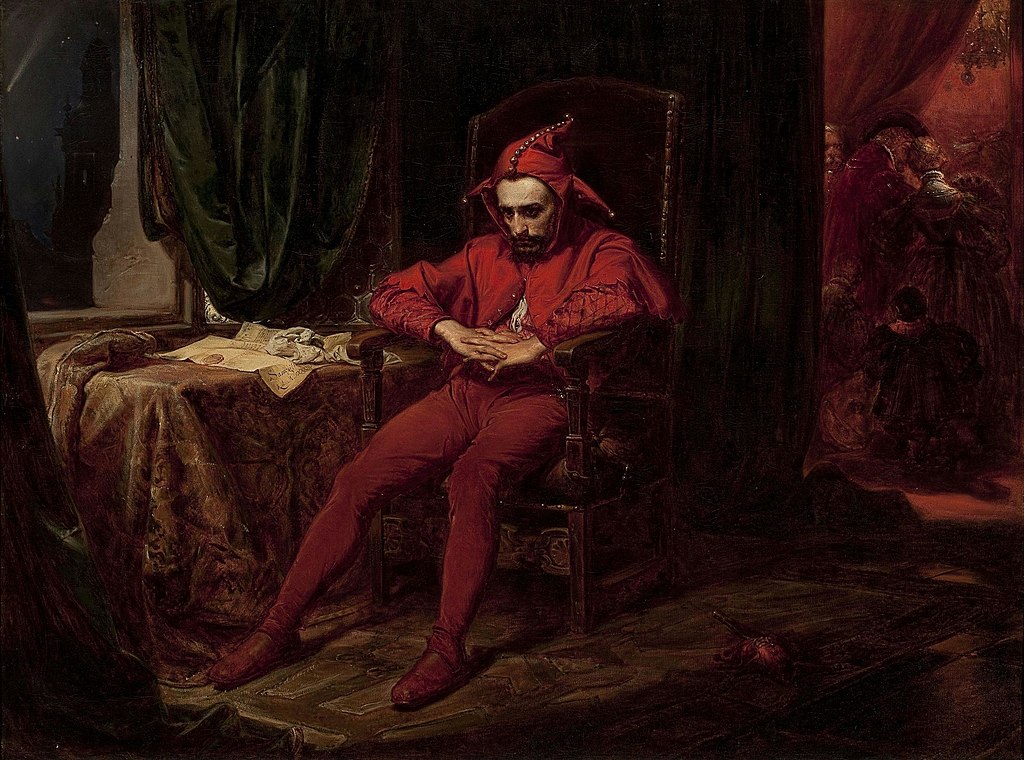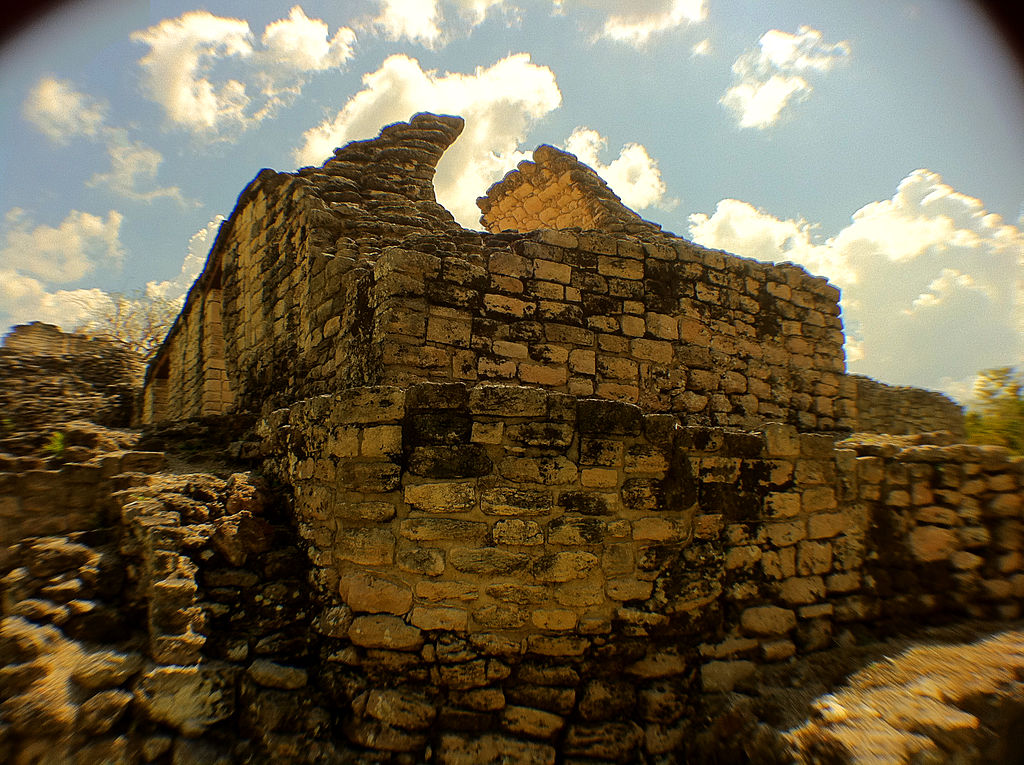Tim Brinkhof
Tim Brinkhof is a Dutch-born, New York-based journalist reporting on art, history, and literature. He studied early Netherlandish painting and Slavic literature at New York University, worked as an editorial assistant for Film Comment magazine, and has written for Esquire, Film & History, History Today, and History News Network.

The Siege of Leningrad lasted over two years and claimed nearly a million lives. It also inspired writers to record the bleak conditions in which they lived.
Behind the scenes, Hitler had at least three disastrous relationships, including a short-lived marriage.
Dating of volcanic ash suggests the remains are at least 230,000 years old.
Despite losing most of his extended family to the guillotine, Tocqueville grew up to become a fervent supporter of democratic revolution.
Once numbering just 27 birds, the global population of California condors is now in the hundreds.
People around the world, mostly Generation Z, are obsessed with the look and feel of gothic, elitist universities. Why?
People who visit Florence seem strangely susceptible to Stendhal syndrome, which is blamed on an overwhelming sense of awe.
The author of classics like “A Farewell to Arms” and “The Sun Also Rises” is known and loved for his simple yet effective writing style. Here’s how to imitate it.
Scientists used 3D scans to analyze the corpse of Amenhotep I. They discovered that his brain was never removed and that he was circumcised, among other curiosities.
Distinguishing fact from fiction can be tough, especially when it comes to people as controversial as Stalin.
Undiagnosed brain disease or divine inspiration? The origins of the French composer’s most provocative composition remain up for debate.
From 1974 to 1978, the chimps of Gombe Stream National Park in Tanzania were at war with each other, the first time conservationists saw chimps engage in calculated, cold-blooded killing.
Ever felt sad during the holidays but weren’t sure why? Chances are you were suffering from a case of Christmas Blues.
Many of his criticisms ring true today.
Hit shows are like societal mirrors, capable of reflecting the cultural zeitgeist whose likeness they try to record.
Bears, chimps, or humans? A track of five poorly preserved footsteps at Laetoli has puzzled paleontologists for decades. Now, a research paper from Nature claims to have solved the mystery.
The most technically impressive feats of animation often strike us as eerie instead of impressive, and it’s all thanks to the uncanny valley.
The singer-songwriter distilled the essence of the holidays into a hit song, and for her efforts she was crowned the Queen of Christmas.
Cities overstimulate our senses and are full of people we don’t know. Maybe humans were meant for this.
Released in 1972, “Ways of Seeing” has proven to be as worthy of study as the artistic traditions it investigates.
Far from acting as the conduits of a benevolent deity, these religious leaders threw the teachings of their own church out of the window.
The insurmountable contrasts between their visions help explain Russia’s stunted development and hint at its destructive future.
The decades-long conflict is best understood not through secondhand accounts of historians, but the primary accounts of people who actually experienced it.
Although equal parts Hollywood blockbuster and Putinist propaganda, “Trotsky” still manages to capture the good, the bad, and the ugly of Russia’s revolutionary past.
By taking Satan out of the religious context, storytellers explored the nature of sin in new ways.
Fittingly, the skull was found in the Rising Star cave of South Africa, itself located at a site known to UNESCO as the Cradle of Mankind.
The German thinker wrote both treatises and songs. He approached each form of expression with the same level of interest.
Though these ancient settlers of China were culturally cosmopolitan, their DNA turns out to have been completely distinct from the communities with which they interacted.
According to literary theorist Mikhail Bakhtin, Dostoevsky’s talents were on par with those of William Shakespeare.
Looking with lasers, researchers discovered that many Olmec and Mayan ruins seem to have been constructed from the same blueprint.
